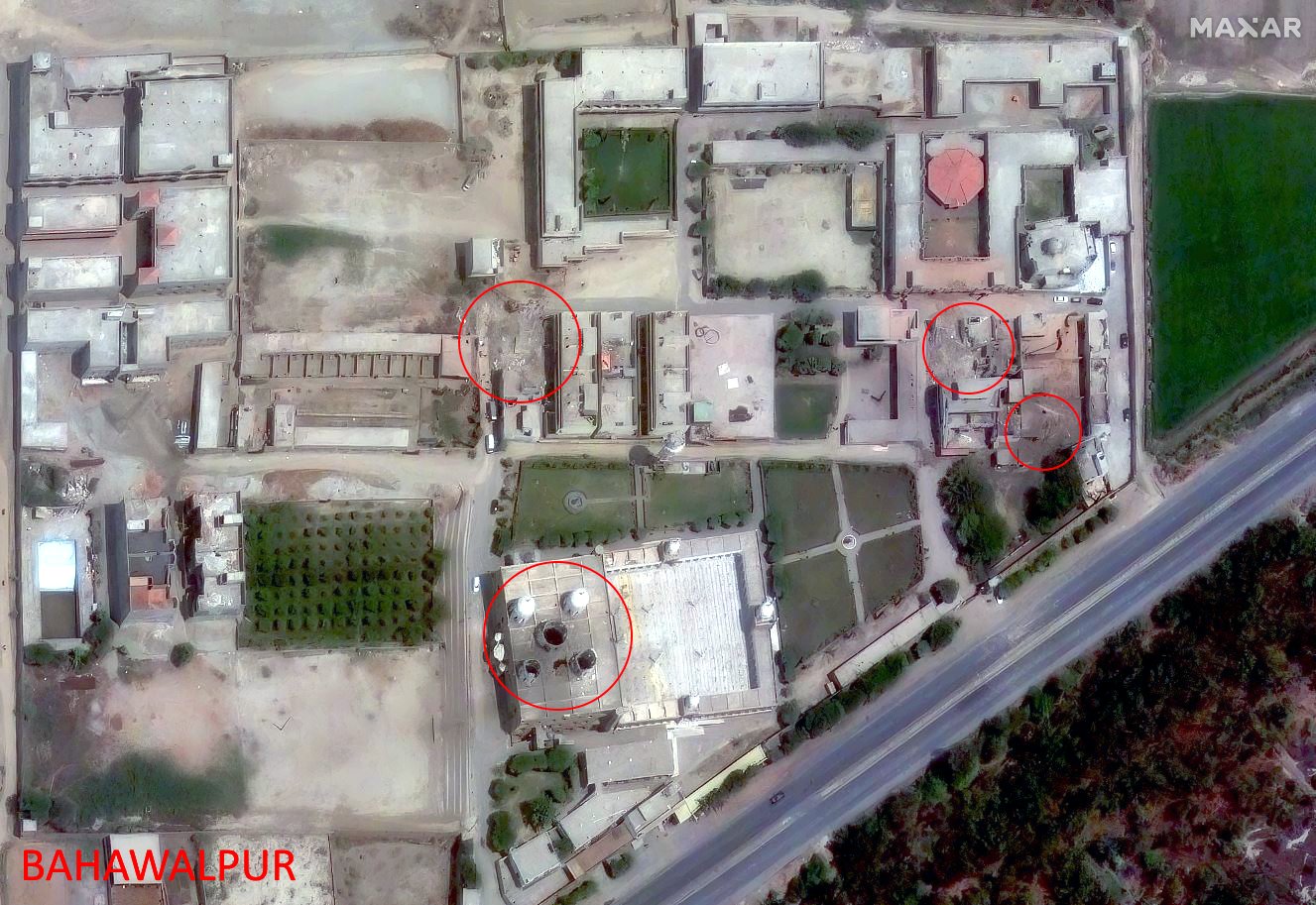Dear reader, The week was marked by an incriminating silence and a deceptively familiar noise. In India, the attack on Salman Rushdie in New York was met with an unnatural quiet. As statements of shock and concern rushed in from world leaders, a report in this newspaper counted the few political figures in India who condemned the assault on the Indian-born writer, in the immediate aftermath - CPM general secretary Sitaram Yechury, Congress MP Shashi Tharoor, Congress media chief Pawan Khera and Shiv Sena's Priyanka Chaturvedi. Asked about the attack at a press conference, External Affairs Minister S Jaishankar was evasive: "I also read about that…" The dots can be connected backwards from the conspicuous hesitation, across the political spectrum, to speak up for the targeted writer now, to the ban of 'The Satanic Verses' in India under a Congress government, the first country to ban the book without so much as reading it, in 1988. There has been no serious rethink of that decision by the governments since. Over the years, instead, Rushdie has been at the centre of a cynical play-safe politics and crude point-scoring, centred on identity, not freedom. The ban on his book could be counted among the decisions that set the stage in the late 1980s, among other factors and forces, for the rise of majoritarianism and Hindutva - alongside the Rajiv Gandhi government's bid to overturn the SC verdict in the Shah Bano case by bringing in a law in Parliament, and its reopening of the locks of the Babri Masjid. The principle of free speech, and the constitutional and political commitment to it, which are at the heart of the Rushdie matter, were simply never allowed to take centrestage in India. In this moment, as Rushdie lies in a hospital, when many are going back to his own words, because it seems important to let the writer speak again, here's what Rushdie once said about free speech: "Free speech should be seen as the air we breathe: self-evident". On the need to defend free expression, he quoted Saul Bellow: "Everyone knows there is no fineness or accuracy of suppression; if you hold down one thing you hold down the adjoining". The noise this week was the clanging of ambitions and equations, the fall and rise of a government in Patna. It set off reverberations nationally. Nitish Kumar has broken up with the BJP - again. He has tied up with the RJD - again. But it is said you cannot step into the same river twice. It is not the same Nitish Kumar - the man who turned around Bihar, by threading the promise of social justice with the language of governance, the man who almost single-handedly restored the authority of the state dented in Lalu raj which overturned politics but disregarded institutions, is now a pale and diminished leader. Nitish always showed a lack of confidence in his own achievements - now his successes have plateaued and his fear and insecurity seem writ larger. This is the leader who could well end up taking on Modi nationally, given the still to-be-filled vacuum in the ranks of the national Opposition. The BJP is more sure-footed in Bihar than it has been in years. As has been its way in other states, it has piggy-backed its regional ally, in this case JD(U), and grown bigger. The results of the 2020 assembly elections, in which it came in second after the RJD, with the JD(U) pushed down to third place, pointed to the BJP's inroads. Under Modi, the party is better placed to venture alone into terrain that has seemed less hospitable to Mandir politics than neighbouring UP because of its enduring tryst with Mandal mobilisations. The renewed JD(U)-RJD combination will have to contend with this new BJP which has shown greater savvy in coopting planks that are not traditionally its own. The RJD, under Tejashwi, is also a party straining to be new. In the last assembly election, Team Tejashwi made a determined attempt to take the party that Lalu built past him. The Tejashwi campaign rang with the promise of jobs, not slogans of social justice. The RJD is an A-to-Z party, they said, no longer only M-Y (Muslim-Yadav). Tejashwi seemed to come into his own, but failed to cross the majority mark, because the people appeared to be saying what Tejashwi is now acknowledging by again taking second place to Nitish: He needs more time. Tejashwi also knows that, unlike the much older Nitish, he has more time. But whether and how that acknowledgement smoothes the inevitable road bumps for Bihar's new ruling alliance will be watched. One thing is certain: Bihar will find a way to transcend and to transmute the petty political calculus of its main players, to show a new direction to politics. It always has. Here's wishing Salman Rushdie a quick recovery. Till next week, Vandita | 
No comments:
Post a Comment